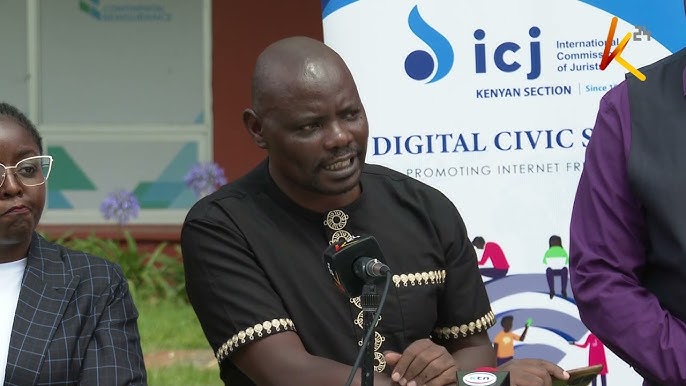By Aminu Adamu
NAIROBI,
In a landmark interim ruling that could reshape digital rights protections in Kenya, the High Court on Wednesday issued a conservatory order barring any government or private entity from orchestrating internet or communications shutdowns across the country—at least for now.
The order follows a petition filed jointly by the Kenya Union of Journalists and the International Commission of Jurists (Kenya Section), along with two other petitioners, targeting Bharti Airtel Kenya, the Cabinet Secretary for ICT, and six other respondents. The petition challenges alleged past and potential future attempts to disrupt access to internet, telephony, and electronic communication platforms, citing threats to constitutional freedoms.
Justice Bahati Mwamuye of the Milimani High Court granted the interim order on May 14, 2025, directing that, pending a full hearing, the respondents “be and are hereby restrained… from unlawfully causing, directing, enforcing, implementing or allowing to be implemented any wholescale shutdown” of digital communication services.
The court also ordered the respondents to preserve all information and correspondence related to any prior disruptions. “This includes directions, memoranda, or other material relevant to alleged previous shutdowns,” the court noted in its ruling.
This case is seen by civil society as a critical test of state power over digital infrastructure, particularly amid rising concerns of censorship and surveillance in the run-up to the next general elections. “We welcome the court’s swift action to safeguard essential freedoms,” said a spokesperson for the International Commission of Jurists (Kenya Section), reacting to the ruling.
Respondents—including major telecom operators and government entities—have been directed to file their responses by June 10, 2025. A further mention is scheduled for June 23 to confirm compliance and set timelines for expedited hearing.
Legal analysts say the conservatory orders, if upheld, could set a strong precedent against internet shutdowns often seen during elections or periods of civil unrest in parts of Africa.
The petitioners must now serve all documentation to the parties involved by close of business on May 15, 2025, with a rejoinder permitted by June 20 if necessary.
Justice Mwamuye’s order carried a clear warning: any disobedience “will result in penal consequences to you and any other person(s) disobeying and not observing the same.”
This legal battle is likely to spark wider public and parliamentary debate about digital rights, freedom of expression, and the future of online civic space in Kenya.


